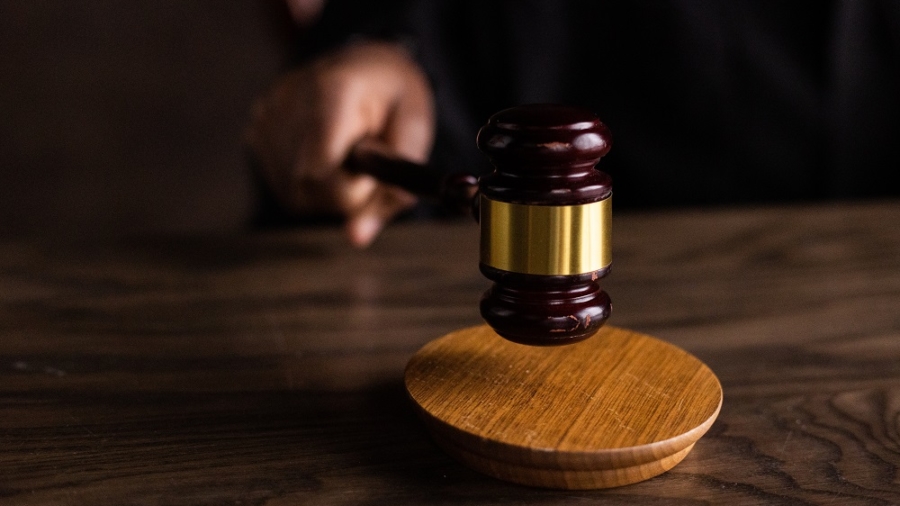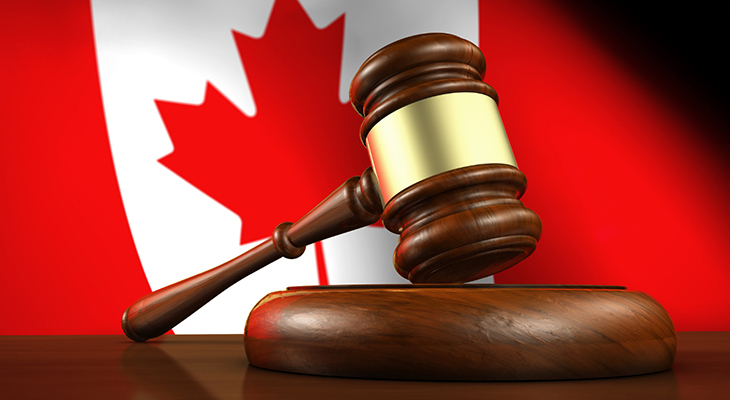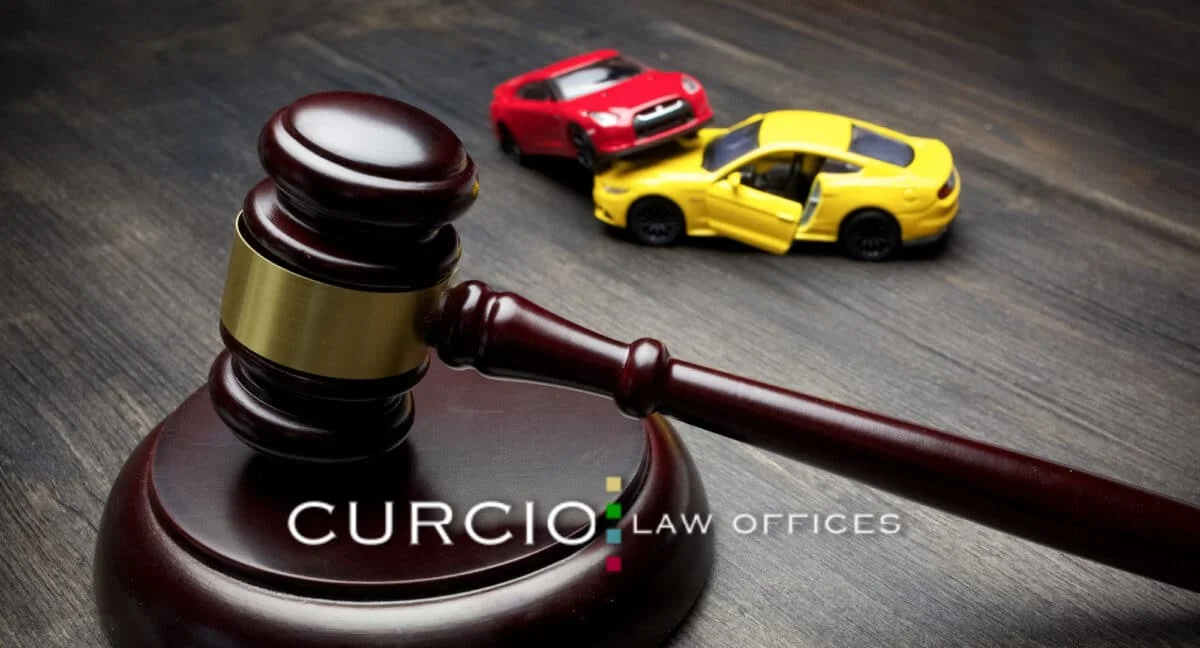5 Common Problems That May Arise During the Probate Process

The probate process is the legal process of administering the estate of a deceased person. It involves validating their Will (if there is one), paying off debts and taxes, and distributing the remaining assets to their heirs. While the probate process is essential to handle a deceased person’s estate properly, it can be complex and time-consuming. As a result, several common problems may arise during probate, including disputes over Will’s validity, disagreements between beneficiaries, and unexpected debts or taxes. This article will explore these issues and provide tips on navigating them.
Table of Contents
Disputes Over the Validity of the Will
A Will must clearly and concisely express the deceased’s wishes to distribute their assets after death. However, disputes over the validity of a Will can arise for various reasons, making it a complex and sometimes tumultuous process.
Coercion during the creation of the Will is a common reason for disputes. If the one who sues proves that the deceased was forced or threatened into creating the Will, the court may rule it invalid. Furthermore, suppose there are concerns about the deceased’s mental capacity when making the Will, such as dementia or mental illness. In that case, the beneficiaries can contest because they did not fully understand what they were doing.
Another reason for disputes can be the authenticity of the Will. If there are questions about the document’s origin, the court may require evidence to prove its legitimacy.
Determining the validity of a Will can be lengthy and costly, involving legal battles that can take years to resolve. If the court rules that the Will is invalid and there is no alternative Will, the executor can administer the estate to state intestacy laws. It means that the deceased’s assets will be divided among their heirs as dictated by state law, regardless of their wishes.
Issues With the Executor
The role of an executor isn’t easy, for they carry the burden of managing a deceased person’s estate, which involves a great deal of responsibility. Their duties include applying for probate, managing the assets and liabilities, paying off the creditors, and distributing the remaining assets to the beneficiaries as per the Will. However, the smooth operation of this process is not always guaranteed, as problems may arise.
In some cases, the executor may not be fulfilling their duties appropriately, which could cause a delay in the distribution of assets or even result in financial loss. In such circumstances, the beneficiaries or other interested parties can seek the court’s help to remove the executor and appoint a new one.
Therefore, it is essential to choose an executor who is trustworthy, competent, and capable of handling the estate’s duties fairly. After all, the proper management of an estate is crucial for maintaining the integrity of the deceased person’s wishes and ensuring the beneficiaries receive what they are entitled to.
Challenges to the Distribution of Assets
The division of assets after the passing of a loved one can be a delicate and emotional process. It can become even more complex if beneficiaries dispute their estate share. It can lead to bitter family feuds and legal battles, resulting in a strained relationship and a costly process.
The reasons for disagreement can vary, from unequal distribution to unfulfilled promises. Some beneficiaries may feel entitled to a larger portion of the estate, while others believe in unfair asset allocation. In such cases, seeking the help of an attorney is advisable, as they can offer guidance and representation through mediation or litigation if necessary.
Through mediation, parties can reach an agreement without needing a court hearing. Mediators can help parties communicate effectively, find common ground, and achieve a mutually beneficial outcome. However, in some cases, litigation may be necessary to resolve the issue.
Creditor Claims
The finality of death can leave a trail of unfinished business. One such matter is outstanding debt that the deceased may have left behind. When creditors come calling to claim what is rightfully theirs, it can be difficult for the family. They have lost a loved one and now face the burden of managing financial matters.
It is where the expertise of a probate attorney comes in. They can help navigate through the complicated process of settling an estate, including negotiating with creditors to minimise the impact of their claims. If there is a dispute over the validity of the claims, the attorney can represent the estate in court to fight for a fair resolution.
Having a probate attorney by your side can provide peace of mind during a difficult time. They can help pay off the debts and settle the estate fairly and efficiently.
Failure to Follow the Probate Process
The state laws govern the probate process. If one does not follow these correctly, it can lead to legal challenges and delays. For example, failing to notify creditors or beneficiaries properly can result in legal disputes. Working with an experienced probate attorney before applying for probate is essential to ensure that you follow all the procedures correctly, minimizing the risk of legal challenges and delays.
Summing Up
The probate process can be complicated, and various potential problems may arise. Working with an experienced attorney from Probate Consultants, who can guide you through the procedure and understands how to navigate potential issues, can make a significant difference in the success of the probate process.



